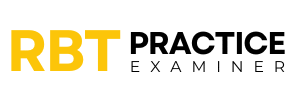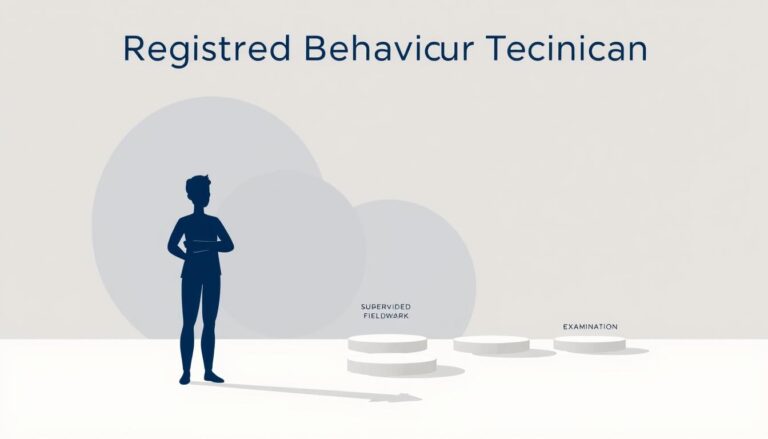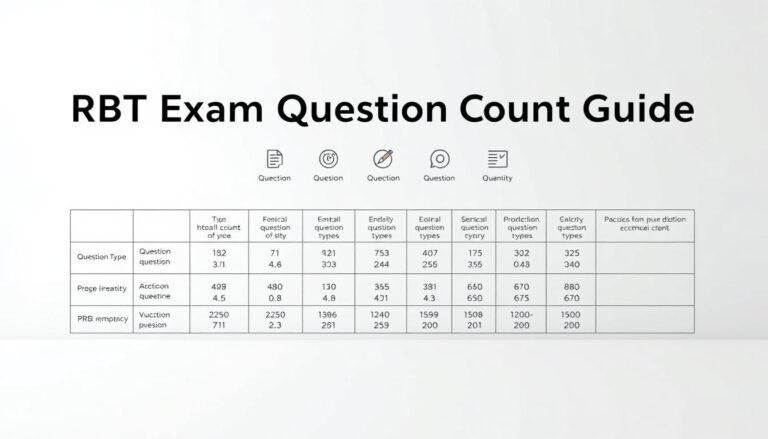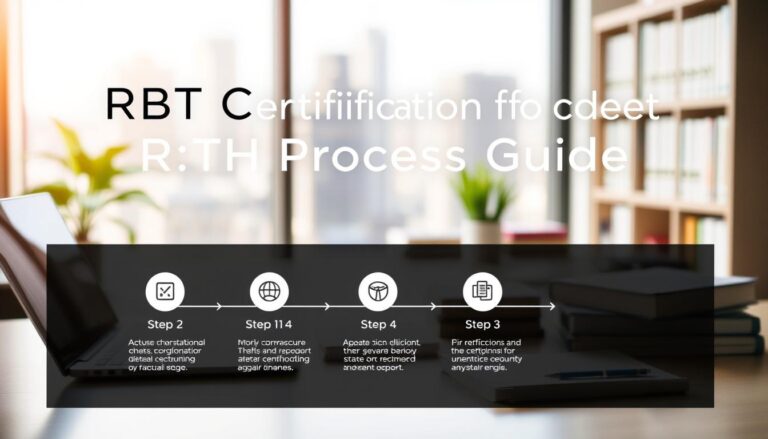RBT Salary: The Earnings of Registered Behavior Technicians
Learning about the salary of a Registered Behavior Technician (RBT) can be a big deal. It shows a promising career with good pay and a chance to help others. This job is all about making a difference in people’s lives.
Are you wondering how much RBTs earn? You’re in the right spot. The need for skilled behavior technicians is growing. This means more jobs in healthcare settings. It’s not just about the money; it’s about changing lives.
Want to know about RBT pay? We’ve got all the details. You’ll learn about salary ranges, where pay varies, and what affects earnings. There are many roles for those who care about helping others.
RBTs play a key role in helping people with behavioral issues. Their salary depends on location, experience, and extra skills. This guide will help you understand the financial side of being an RBT.
Whether you’re starting or looking to grow, this guide will help. It covers the financial side of being an RBT. You’ll learn how to navigate the salary world with confidence.
RBTs work in cities and small towns, finding rewarding jobs. The salary is more than money; it’s a chance to make a real difference. It’s a career that impacts healthcare and support services.
The Role of a Registered Behavior Technician
Registered Behavior Technicians (RBTs) are key in helping people with behavioral challenges, like autism. They help create plans to improve behavior and teach important life skills. Knowing what RBTs do helps us understand their pay and salary.
RBTs work closely with Board Certified Behavior Analysts (BCBAs). They support individuals in many places. Their skills and hard work make them important and well-paid in healthcare.
Key Responsibilities and Qualifications
The main jobs of an RBT include:
- Implementing behavior intervention plans
- Collecting and recording behavioral data
- Assisting clients in developing social and communication skills
- Supporting skill acquisition and behavior modification
Work Settings and Career Paths
RBTs work in many places, affecting their pay:
- Schools and educational institutions
- Clinical treatment centers
- Private homes
- Rehabilitation facilities
Certification Requirements
To be an RBT, one must meet certain standards:
- Complete a 40-hour training program
- Pass a criminal background check
- Complete a competency assessment
- Pass the official RBT certification exam
These strict rules ensure top-notch care and professional standards in behavioral therapy.
| Certification Step | Time Requirement | Potential Impact on Salary |
|---|---|---|
| Training Program | 40 hours | Entry-level qualification |
| Background Check | 2-4 weeks | Professional credibility |
| Competency Assessment | 1-2 days | Skill validation |
| Certification Exam | 2-3 hours | Professional recognition |
How Much Do RBT Make: National Average Salary Overview
Understanding RBT earnings is key for those starting in this field. The average salary for Registered Behavior Technicians changes based on several factors. Generally, RBTs make between $30,000 and $45,000 a year, depending on the job.
When looking at RBT salaries, consider where they work:
- Autism treatment centers
- Schools and educational institutions
- Private therapy practices
- Healthcare facilities
The Bureau of Labor Statistics has some interesting facts on RBT pay. Entry-level RBTs usually start at the lower end of the salary range. But, they can earn more as they gain experience and get more certifications.
| Experience Level | Average Annual Salary |
|---|---|
| Entry-Level (0-2 years) | $30,000 – $35,000 |
| Mid-Level (3-5 years) | $35,000 – $40,000 |
| Experienced (5+ years) | $40,000 – $45,000 |
Where you live also affects how much you earn as an RBT. Cities and states with higher costs of living often pay more. People working in big cities might make a bit more than those in rural areas.
For those new to RBT, remember that your first salary is just the beginning. Growing your skills, getting more certifications, and specializing can really boost your earnings in this field.
Factors Affecting RBT Compensation
Knowing what affects RBT pay can help you earn more. The salary for RBTs changes based on several important factors. These factors can greatly affect how much you make.
RBT pay isn’t the same for everyone. Many key things decide how much a Registered Behavior Technician can earn over their career.
Geographic Location Impact
Your location greatly affects your RBT salary. Different places in the United States pay differently. This is due to various local factors:
- Urban areas usually offer higher salaries
- States with higher living costs pay more
- Big cities pay more than small towns
Experience Level Considerations
Your experience level also affects your pay. Here’s how your salary might grow:
- Starting jobs pay less
- More experience means higher pay
- Senior roles can get you better pay
Education and Additional Certifications
Getting more education can really help your salary. Those who get advanced certifications and extra training often earn more.
Some important education boosts include:
- Advanced behavioral analysis certifications
- Special training in autism intervention
- Grad school in behavioral sciences
By knowing these factors, RBTs can plan their career better. This helps them make more money in this rewarding field.
Entry-Level RBT Salary Expectations
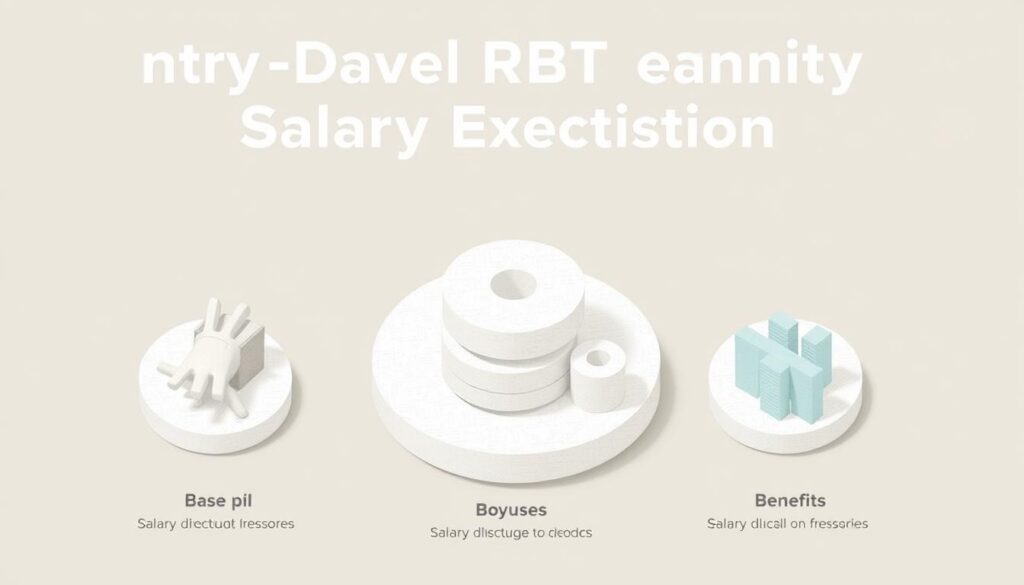
Aspiring Registered Behavior Technicians (RBTs) often wonder about their earnings when starting. The hourly wage for RBTs usually falls between $15 to $22 for beginners. This range changes based on important factors that newbies should know.
Most new RBTs can expect to make between $30,000 and $38,000 a year. This amount varies by location, work place, and qualifications.
- Urban areas tend to offer higher starting wages
- Specialized healthcare facilities may provide better compensation
- Experience and additional certifications can increase initial earnings
The job market for RBTs is growing, opening up good chances for newcomers. Several things affect how much new RBTs earn:
| Compensation Factor | Impact on Salary |
|---|---|
| Geographic Location | Significant variation in hourly rates |
| Work Setting | Clinics vs. private practice differences |
| Initial Certification | Basic RBT certification starting point |
New RBTs should see their starting salary as a base for future growth. Many use their first job as a way to move up in behavioral therapy. They can see big salary increases as they gain more experience and certifications.
Regional Salary Variations Across the United States
Looking into the salary of registered behavior technicians shows big differences by region. The pay can change a lot based on where you are, opening up chances for those in the field.
Different states have different salaries for RBTs because of various economic factors and demand. If you’re thinking about being an RBT, it’s key to look at what each area offers.
Highest Paying States for RBTs
Some places pay RBTs a lot more than others. The highest paying spots are usually:
- California
- New York
- Massachusetts
- New Jersey
- Connecticut
Metropolitan vs. Rural Areas
The pay for RBTs changes a lot between cities and rural areas. Cities usually pay more because they have more jobs and higher living costs.
| Area Type | Average RBT Salary | Job Availability |
|---|---|---|
| Metropolitan Areas | $45,000 – $55,000 | High |
| Rural Areas | $35,000 – $42,000 | Moderate |
Cost of Living Adjustments
When looking at RBT salaries, you also need to think about the cost of living. A higher salary in a pricey city might not mean you have more money left over than a lower salary in a cheaper area.
It’s important to look at more than just the salary. Consider things like:
- Housing costs
- Transportation expenses
- Healthcare pricing
- Local tax rates
Part-Time vs. Full-Time RBT Pay Rates
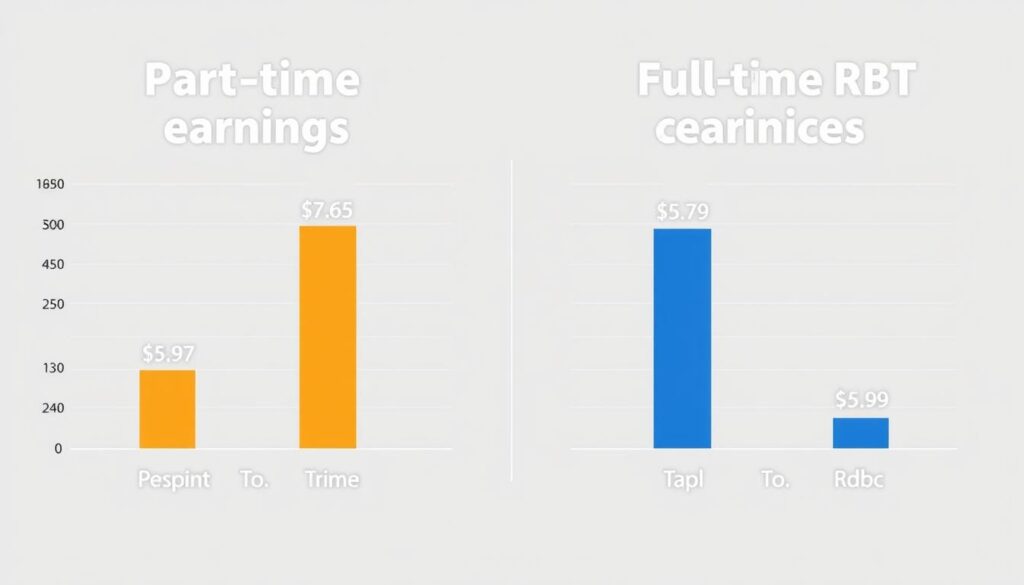
Registered Behavior Technicians (RBTs) have many job options that affect their pay. Choosing between part-time and full-time jobs changes their financial situation.
Part-time RBTs get flexible schedules but face different pay structures. They work 10-25 hours a week. This is great for those who want a balance between work and life or extra money.
- Part-Time RBT Characteristics:
- Flexible scheduling
- Lower total annual earnings
- Potential for multiple workplace engagements
- Full-Time RBT Characteristics:
- Consistent weekly hours
- Higher total compensation
- Comprehensive benefits package
Full-time RBT jobs offer stable work with great benefits. They have predictable hourly wages from $18 to $25, based on where you work and your experience.
When picking between part-time and full-time RBT jobs, think about your career goals, money needs, and lifestyle. Each job type has its own benefits for a fulfilling career in behavioral health.
Benefits and Additional Compensation Packages
Registered Behavior Technicians (RBTs) get more than just a salary. A good benefits package can really boost their total earnings. This makes the job even more appealing.
Good compensation isn’t just about money. Top employers know that supporting their RBTs means giving them great benefits. These benefits help both their work and personal lives.
Healthcare Benefits
Healthcare is a key part of RBT compensation. Many employers offer full medical, dental, and vision insurance. These plans include:
- Full medical coverage
- Preventive care options
- Mental health support
- Prescription drug benefits
Professional Development Opportunities
Career growth is key for RBTs. Employers are now investing in their employees’ learning. This includes:
- Sponsored certification workshops
- Tuition reimbursement programs
- Specialized training sessions
- Conference attendance support
Performance Bonuses
Bonuses can greatly increase an RBT’s earnings. Bonuses are based on performance and can reward:
| Performance Metric | Potential Bonus Range |
|---|---|
| Client Progress Tracking | $500 – $2,000 annually |
| Consistent Excellent Ratings | $1,000 – $3,000 annually |
| Additional Certifications | $750 – $2,500 annually |
Knowing about these extra pay elements helps RBTs choose jobs better. The right mix of salary, benefits, and growth can greatly improve job happiness and career progress.
Career Advancement and Salary Growth

Registered Behavior Technicians (RBTs) have exciting career paths with great salary growth. Knowing the RBT salary can help plan long-term in behavioral health.
Career advancement for RBTs follows several key paths:
- Board Certified Behavior Analyst (BCBA) Track
- Specialized Clinical Roles
- Leadership Positions in Behavioral Health
The salary for RBTs grows a lot with more certifications and experience. RBTs can see big income increases by getting advanced credentials:
- BCBA Certification: Can double the initial RBT salary
- Specialized Training Programs
- Management Opportunities in Behavioral Intervention
Investing in continuous learning and specialized skills boosts earning. RBT salary info shows that targeted professional development leads to big financial gains.
Key strategies for career growth include:
- Pursuing additional certifications
- Gaining diverse clinical experience
- Networking within behavioral health communities
- Seeking mentorship from senior professionals
By focusing on skill development and strategic planning, RBTs can turn their entry-level job into a rewarding career.
Private Practice vs. Agency Employment Earnings
Registered Behavior Technicians (RBTs) have to make a big choice between private practice and agency jobs. The pay can change a lot based on where you work. This choice is key for planning your finances.
Private practice has big benefits for RBTs wanting to earn more. They can make more money by:
- Direct client billing
- Flexible scheduling
- Higher hourly rates
- Reduced overhead costs
Agency employment, on the other hand, offers steady pay and extra perks. Even though the pay might be a bit less, agencies give:
- Consistent work schedules
- Healthcare benefits
- Professional liability insurance
- Steady client referrals
Money matters a lot in this choice. Private practice RBTs can make $35-$50 an hour. Agency RBTs make $20-$35 an hour. The main difference is the amount of work you do on your own business.
Choosing between private practice and agency work depends on your career goals and how much you want to earn. RBTs should think about what they want and what they need to make. This will help them decide what’s best for their career.
Conclusion
Exploring Registered Behavior Technician salaries shows promising opportunities. These jobs are for those who want to make a real difference. Salaries vary based on where you work, your experience, and extra skills.
How much you earn as an RBT depends on several things. Your location, how long you’ve been working, and extra certifications matter. By always learning and improving, you can earn more. This job is rewarding, both financially and personally.
Planning your career well is key. You need to know about salary trends and keep learning. It’s not just about the money. Helping people with autism and behavioral issues brings deep satisfaction and makes a real difference.
The need for skilled behavior technicians is growing. If you’re interested in this field, you’re in for a rewarding career. Focus on growing professionally, specializing, and caring for your patients. This way, you’ll have a successful and meaningful career in healthcare.
